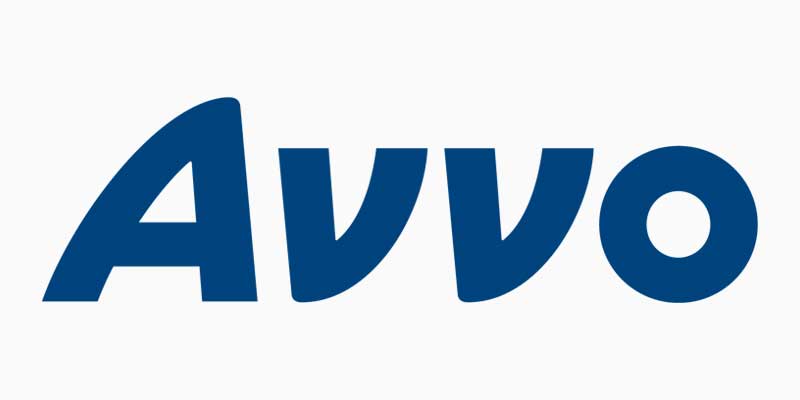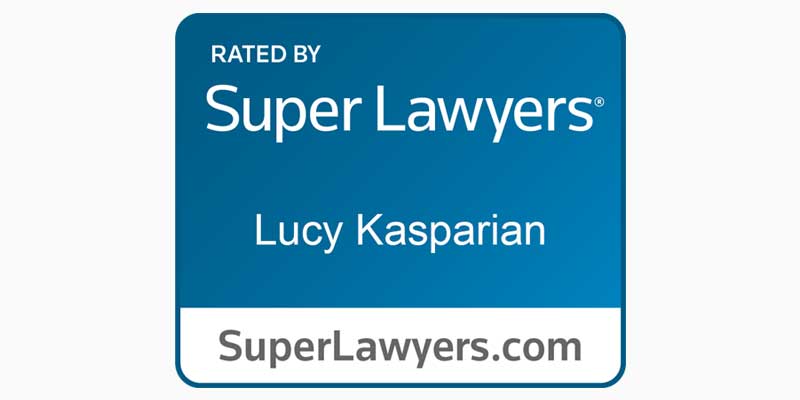The lemon law originated in 1984, when the United States government created a means to protect consumer rights against auto manufacturer and dealer fraud, via the Song-Beverly Consumer Warranty Act, commonly known as the “lemon law.” Now governed by the state, lemon law refers to the individual state laws instituted to protect the rights of consumers everywhere regarding automobiles, trucks, motorcycles, RVs, boats, and other products, that continue to have significantly impairing malfunctions after multiple attempts to repair the problem.
The goal of the lemon law is to guard the interests of small businesses or individuals who have bought or leased vehicles (new & used) under the warranty of a manufacturer. If the manufacturer is unable to sufficiently repair the malfunction of the vehicle, than the owner or lessee would be entitled to a comparable new vessel, or a refund. The lemon law process helps determine the number of reasonable repair attempts to solve a vehicle’s defect and provide due compensation to the owner or lessee.

Lemon law is applied as a guide, as each scenario will vary. In every case the manufacturer has an opportunity to show that they have the right for another attempt to repair on the vehicle; and the consumer has the right to claim that further attempts to repair are unnecessary to prove the car is a lemon. It remains the responsibility of the individual to protect their consumer rights by documenting repairs, and providing the manufacturer chances to repair the vehicle. Finally, the arbitrator or judge can decide whether or not the conditions were met, or whether the manufacturer has had sufficient opportunities to repair the vehicle.

California Lemon Law
California lemon law offers more coverage for consumers than many other states. Several of these distinctions include coverage for motorcycles, RVs, as well as the requirement for manufacturers to pay the attorney fees. Just as the lemon law differs in every state, so do the distinctions of what constitutes a “lemon” vehicle. For California residents, in order to file a claim that your vehicle is lemon which qualifies for coverage under the state’s lemon law, the owner must prove that she has given the manufacturer sufficient reasonable attempts to repair the vehicle, without the problem or defect being resolved. According to the Department of Motorized Vehicles, the below criteria will cause a vehicle to qualify as a lemon in the state of California:
- The warranty for the vehicle must be current.
- The vehicle must be taken in for repair to an authorized dealer, for the same problem, at least 3-4 times. NOTE: For California law specifically, the law includes that if a certain repair may cause death or serious injury, 2 attempts to repair is sufficient cause to qualify a vehicle as a lemon. For example, brake failure would qualify after two repair attempts, as it is a major safety defect.
- The vehicle must have been inoperable for a total of 30 days (the days do not need to be consecutive).
- The defect or malfunction in the car must be of severe impact either impairing the safety, value or use of the vehicle.
- In order to qualify, all cars must be leased or purchased in California and used for personal, family or business use.
According to the State of California Department of Justice, a presumption is created that the lemon law applies if the vehicle is repaired repeated times within the first 18 months or 18,000 miles of ownership of the vehicle.
All vehicles falling under the above qualifications described by the California lemon law, may entitle the owners for a comparable replacement, or refund of the your down payment, payments made towards the vehicle, registration, all incidental and consequential expenses such as registration and finance charges. California lemon law also stipulates that automobile manufacturers are required to pay reasonable attorney’s costs and fees, instead of the consumer.
For further details about the lemon law in California and how it specifically applies to new & used cars, or for details on arbitration, or buyback scenarios, please refer to our FAQs page. You can also consult with a lemon law attorney by calling our office or completing our contact form.
Start Your Free Case Review Now
It Only Takes A Few Minutes To Get Started!







